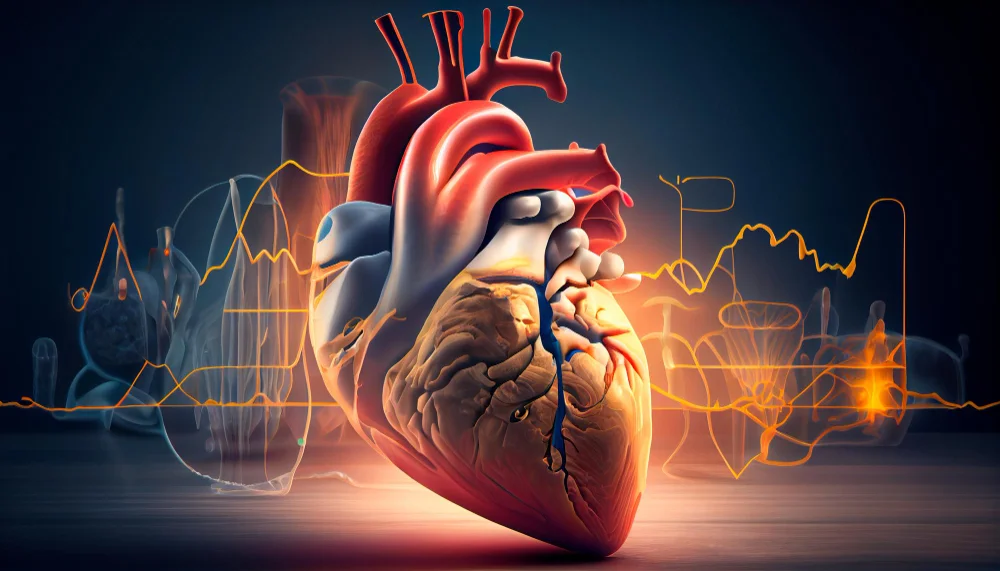The Cardiology Department specializes in diagnosing, treating,
and managing heart and cardiovascular conditions. Cardiologists, who are medical doctors
with specialized training in heart health, work in this department to provide a wide
range of services for patients with heart-related issues.
Services and Procedures Offered in the Cardiology Department:
Diagnostic Tests:
-
2D Echo: A type of ultrasound used to
evaluate heart function and detect abnormalities.
-
Electrocardiogram (ECG or EKG): Records
the electrical activity of the heart to identify heart issues.
-
Echocardiogram: Uses sound waves to create
images of the heart, helping assess heart function and structure.
-
Stress Tests: Measures the heart's
ability to respond to external stress in a controlled environment.
-
Cardiac Catheterization: A procedure to
diagnose and treat cardiovascular conditions by inserting a catheter into the
heart.
Management of Heart Conditions:
Development of treatment plans for conditions like hypertension, coronary artery disease,
heart failure, arrhythmias, and other cardiovascular disorders.
-
Interventional Cardiology: Procedures
such as angioplasty and stent placement to treat blockages in the heart's
arteries.
-
Electrophysiology: Diagnosis and
treatment of heart rhythm disorders (arrhythmias) using techniques like ablation
and the implantation of pacemakers or defibrillators.
-
Heart Failure Management: Comprehensive
care for patients with heart failure, including medication management, lifestyle
modifications, and advanced therapies like ventricular assist devices (VADs) or
heart transplantation.
The Cardiology department plays a crucial role in promoting heart health, preventing
cardiovascular disease, and providing advanced care for patients with heart conditions.
Cardiologists work collaboratively with other healthcare providers to ensure that
patients receive personalized, comprehensive care tailored to their specific needs.



